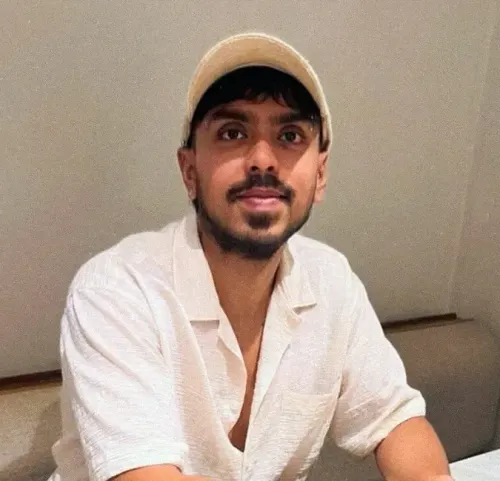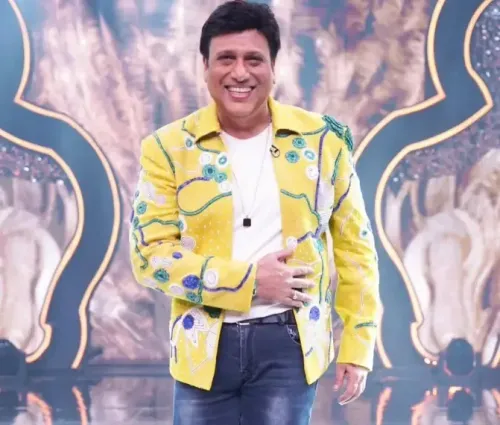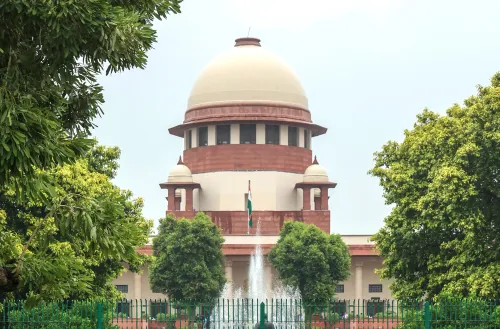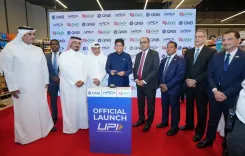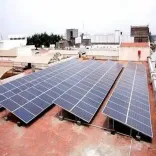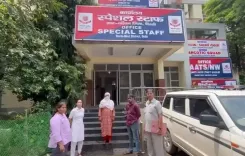PM Modi's Visit to Saudi Arabia: A New Horizon for Indian Enterprises

Synopsis
Key Takeaways
- PM Modi's visit to Saudi Arabia is culturally significant.
- Over 2.8 million Indians reside in Saudi Arabia.
- Minimum wage laws support Indian workers.
- Growth of Indian businesses in various sectors.
- Direct dialogue is essential for addressing concerns.
Jeddah, April 21 (NationPress) In anticipation of Prime Minister Narendra Modi’s forthcoming journey to Saudi Arabia, Indian entrepreneur Zafar Sareshwala has characterized the visit as both strategic and culturally important, asserting that it heralds a new chapter in the bilateral relations between India and Saudi Arabia.
Sareshwala noted that this marks PM Modi’s third trip to Saudi Arabia, with Jeddah being the destination this time—a city seen as the gateway to the sacred site of Mecca. Unlike his earlier trips to Riyadh, the cultural and religious importance of Jeddah adds a unique dimension to this visit. He anticipates that the journey will not only fortify bilateral relations but also pave the way for new prospects for Indian expatriates and businesses.
He pointed out that the Indian community in Saudi Arabia is nearing 2.8 million and is on the rise. Under the stringent labor regulations imposed by the Saudi government, even unskilled laborers are guaranteed a minimum wage of 1,600 riyals (around Rs 35,000), in addition to housing and food allowances, enabling the average Indian worker to save about Rs 25,000 monthly.
Sareshwala highlighted the notable advancements in the conditions for Indians in Saudi Arabia over the past nine years. Previously, most Indian workers hailed from Kerala, but now there is an increasing number from states such as Uttar Pradesh, Bihar, Assam, and West Bengal. Furthermore, Indians are now occupying not only blue-collar positions but also roles at middle and senior management levels.
Since 2016, more than 1,000 Indian firms have set up offices in Saudi Arabia, particularly in areas like construction, infrastructure, IT, and artificial intelligence. The rapidly evolving Saudi economy, especially in construction and IT, is creating new avenues for Indian professionals.
Sareshwala also announced that his company is looking to partner with India’s Navratna enterprise, Indraprastha Gas Limited, to establish a domestic gas distribution network in Saudi Arabia, with a Memorandum of Understanding (MoU) for the initiative expected to be finalized shortly.
He is optimistic that PM Modi’s visit signifies a new dawn in India-Saudi relations, with the Prime Minister aiming to boost both economic and cultural collaboration between the two nations.
The expatriate businessman expressed his worries about certain individuals in India making derogatory remarks about Islam and Muslims, indicating that such sentiments could undermine the Prime Minister’s larger vision. “A faction in India wakes up each day to disparage Islam and Muslims. A glance at Twitter or Facebook reveals their daily activity,” he commented.
On the topic of the Waqf law, Sareshwala proposed that individuals with grievances should approach the Prime Minister directly. “Rather than voicing concerns through media or public forums, I believe direct communication is the most effective route. Naturally, one can approach the Supreme Court—this is a fundamental right—or organize peaceful protests. However, in the end, direct dialogue is the best path forward,” he concluded.

